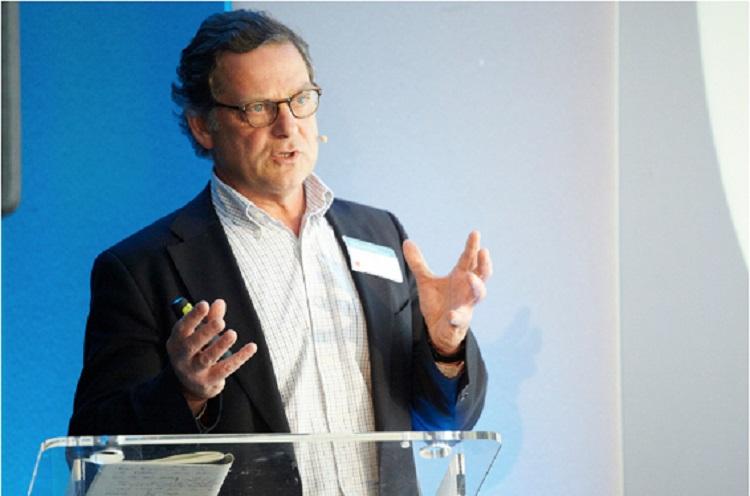Burnout and the need to embrace and manage stress

Dr. Brian Marien, Founder and Director of Positive Group, specialists in evidence- based programmes to improve psychological wellbeing and build resilience enabling individuals and teams to fulfill their potential, discusses burnout and the need to embrace and manage stress.
According to Stanford psychologist Kelly McGonigal, stress can make us stronger, smarter and happier – if we learn how to open our minds to it: important advice when teacher burnout in the UK is approaching an all-time high.
In a survey of 30,000 participants, McGonigal found that people who experienced a lot of stress but who didn’t view it as harmful were not only no more likely to die, but surprisingly had the lowest risk of dying early of anyone in the study, including those who experienced relatively little stress. The conclusion was that stress itself is not necessarily harmful, but the way we perceive it, can be.
McGonigal argues that thinking about stress in a more positive way – that is, priming ourselves to habituate to it – can actually reduce its adverse effects on our physical health and psychological wellbeing. The power our perception can have is certainly well-documented. In addition to the evidence of ‘placebo’ and ‘nocebo’ effects with inert substances, modern neuroscience has given an insight into how brain processing itself, can be altered: our perception of events can influence the neural pathways that are activated, affecting the valency, potency and associative encoding of our experiences and in turn how we form a response.
For most people, not least for teachers, stress is likely to trigger very negative physical and psychological reactions. However, we have the ability to change this. By working with the population to improve cognitive awareness and to develop more positive, flexible styles of thinking, we can change the way stress is seen and processed; we can shift it from something seen as a threat to something seen as harmless and manageable.
One simple mindset reset that can help us face and find the good in the stress in our lives is to view it as an opportunity to learn and grow – a process that is built into the basic biology of the stress response. Other techniques can be just as simple, but typically revolve around reframing situations and considering what is beyond our control. Importantly, even small purposeful actions we make can powerfully affect and predict how we will naturally interpret the same stimulus when we encounter it again. In other words, by practising such techniques we have the ability to bring about a real, sustained shift in the way we deal with and cope with stress.
Teachers play a pivotal role in both schools and broader society, and it is clear that stress and burnout are currently major problems for those in the profession. Although the pressure and uncertainty surrounding the education sector is likely to continue, the knowledge and tools we need to offer teachers real, consequential support are there. Isn’t it time we helped them manage the changing educational landscape more effectively and equipped them with the skills for a more positive future?
Dr Brian Marien, Founder & Director, Positivegroup.org
 About Dr Brian Marien: A Founder and Director of Positive Group, he is also a Doctor of Medicine and a health psychologist. He studied cognitive and behavioural psychology at Kings College London and wrote his master’s thesis on occupational stress and ‘burnout’.
About Dr Brian Marien: A Founder and Director of Positive Group, he is also a Doctor of Medicine and a health psychologist. He studied cognitive and behavioural psychology at Kings College London and wrote his master’s thesis on occupational stress and ‘burnout’.
Over the past 10 years he has worked collaboratively with a highly experienced team of psychologists and neuroscientists at Positive Group to combine research-based knowledge, practical cognitive techniques and adaptive behaviours that are readily integrated into day to day life. He has worked with senior leadership teams to embed ‘Positive Programmes’ in Asia, USA, Australia, UK and Europe.










Responses